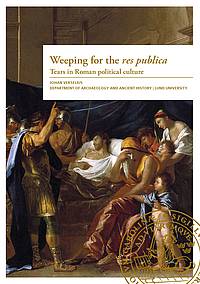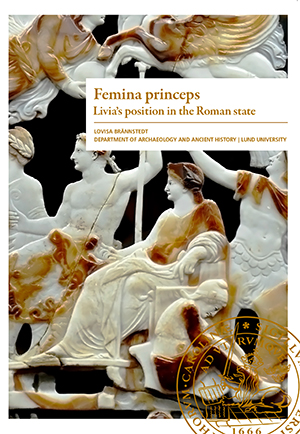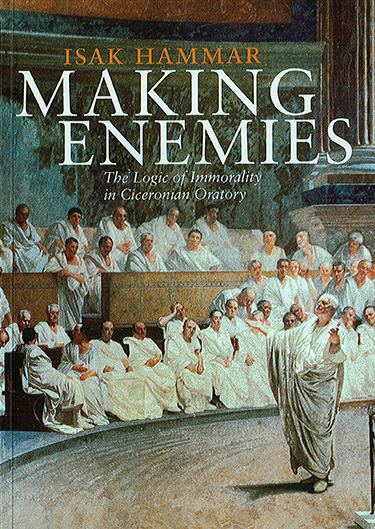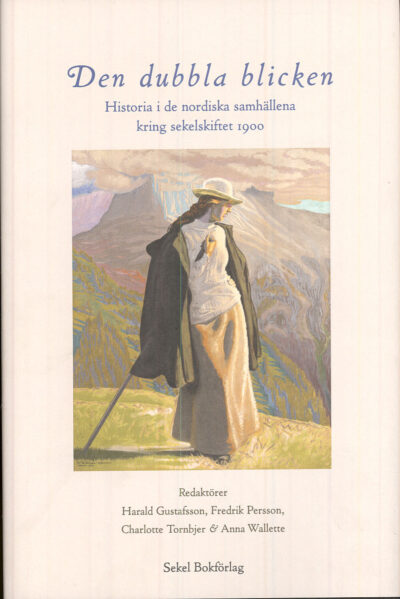Weeping for the res publica
Tears in Roman political culture
Johan Vekselius
230 kr
Beskrivning
Why is Julius Caesar said to have wept in front of his soldiers after crossing the Rubicon, and Scipio Aemilianus as he beheld the destruction of Carthage? How should we understand the criticism leveled against the emperor Tiberius•™ refusal to weep after the death of Germanicus? Why was the Roman law court flooded with tears? What was the significance of Pliny the Younger•™s praise of Trajan•™s tears? And why could elite Romans be praised for their excessive tears by Statius and criticized for
similar tears by Seneca? In his doctoral thesis, Johan Vekselius engages with these cases and many more in pursuit of the function and meaning of tears in the political culture of ancient Rome during the Republic and Early Empire.
Ytterligare information
| Vikt | 448 g |
|---|---|
| Storlek | 14 × 155 × 220 mm |
| Språk | Engelska |
| Antal sidor | 238 |
| Publikationsår | 2018 |
| Bandtyp | Häftad |
| ISBN | 978-91-88473-77-6 |





